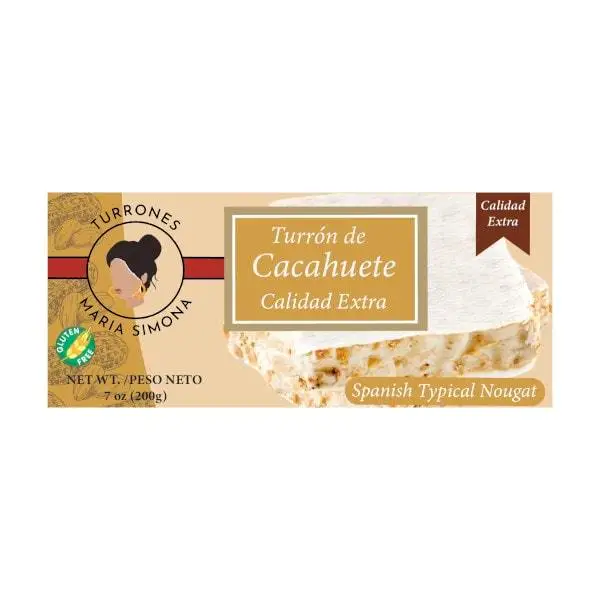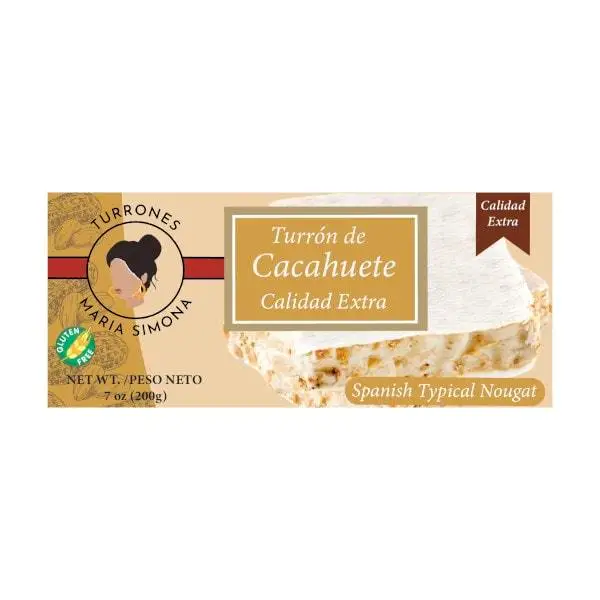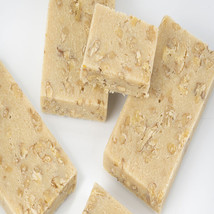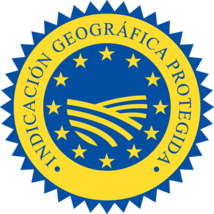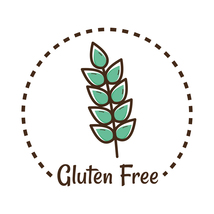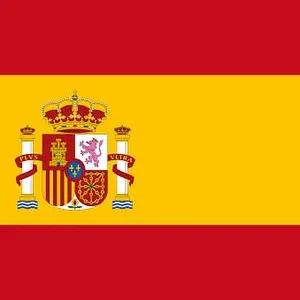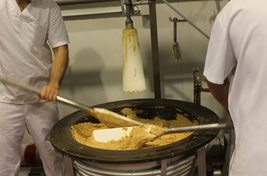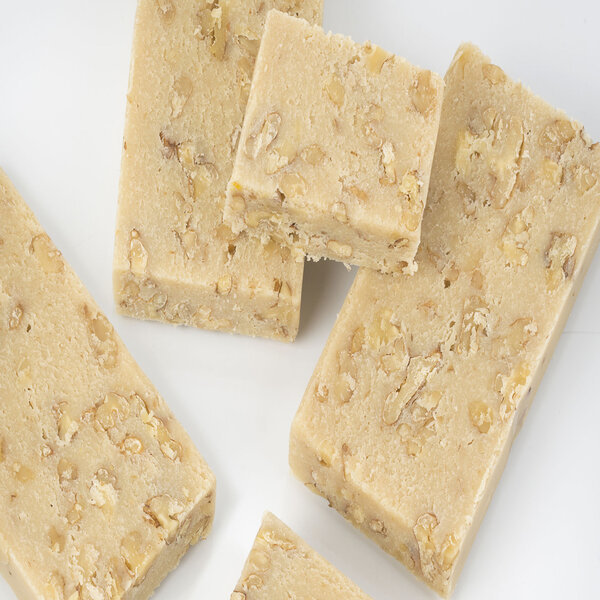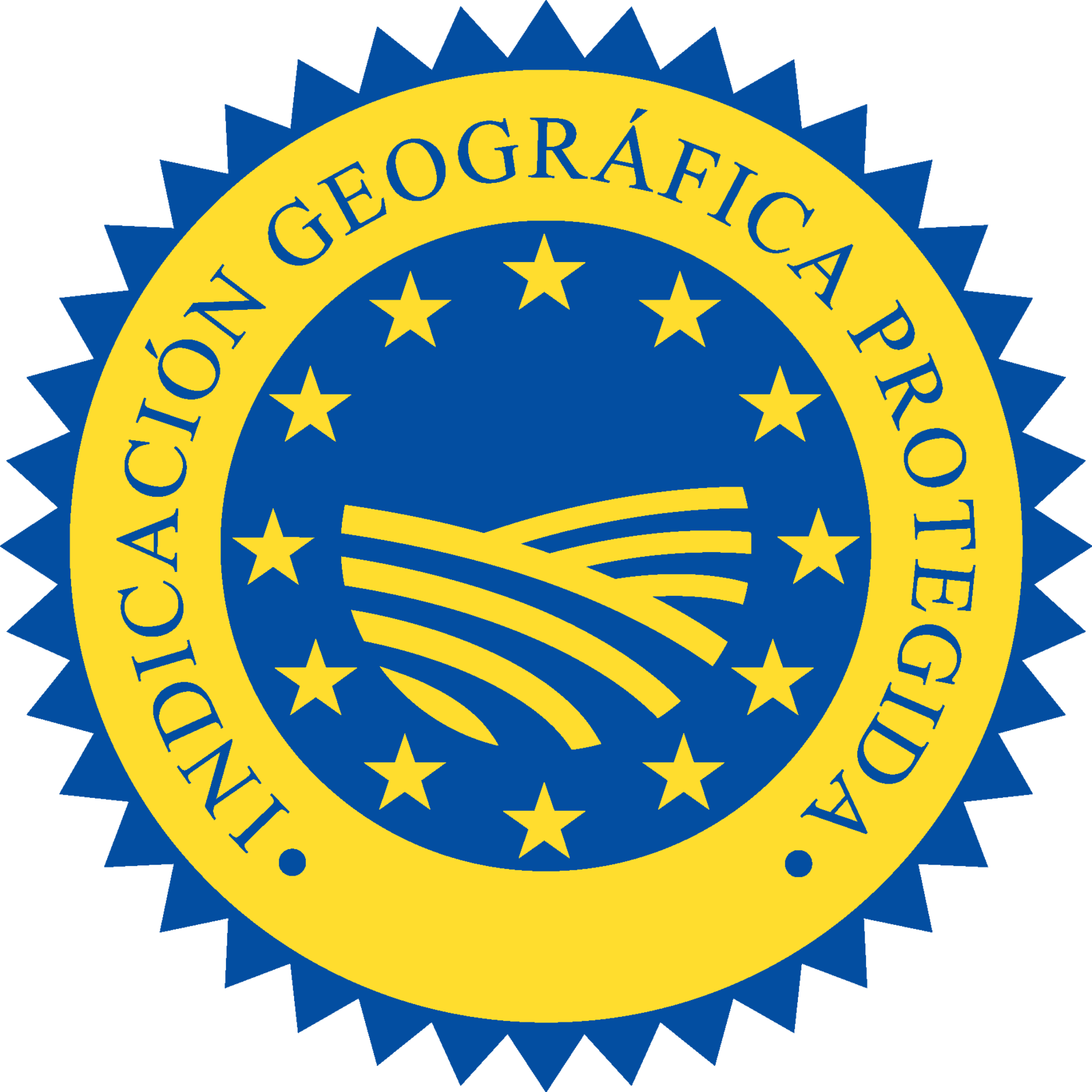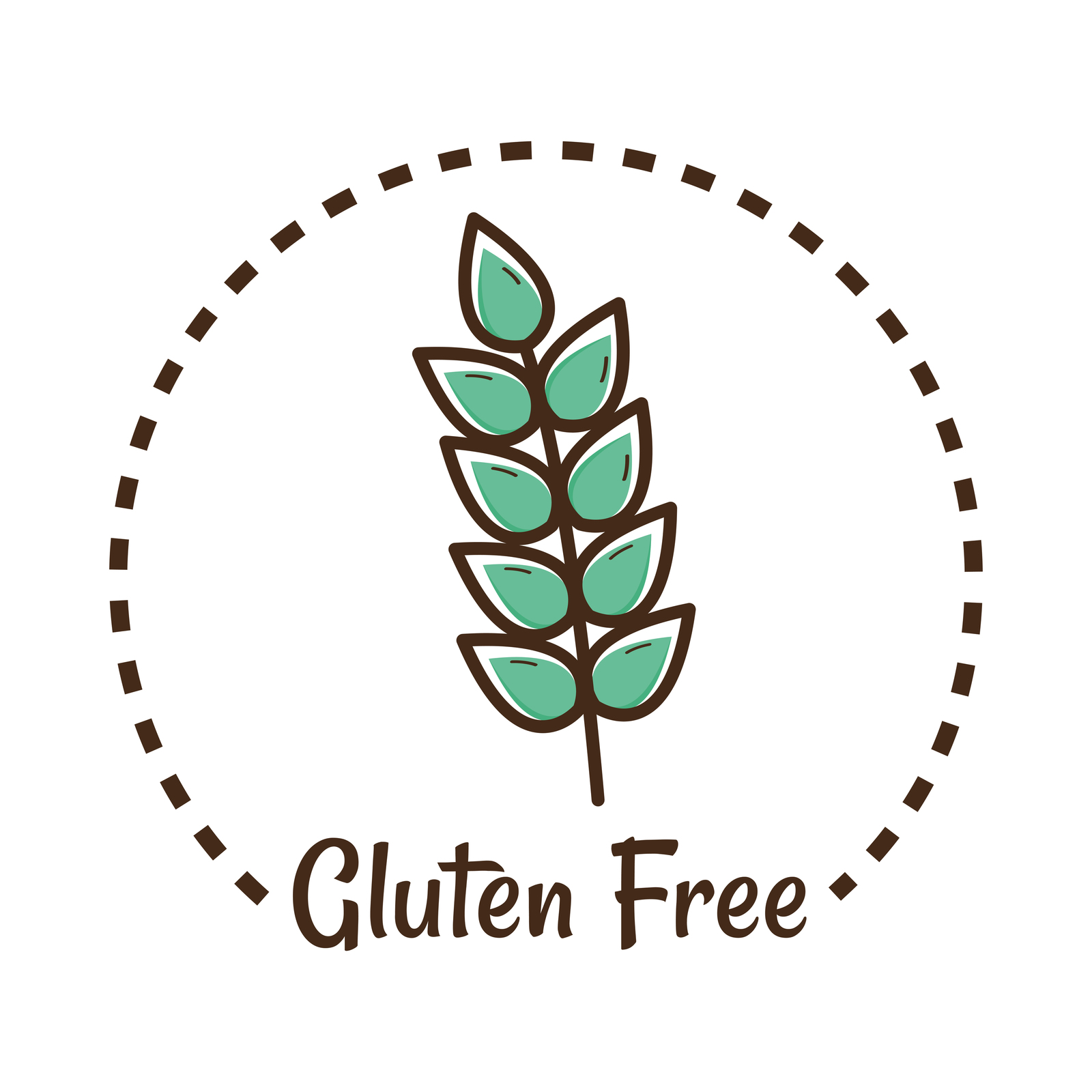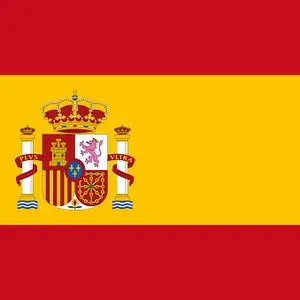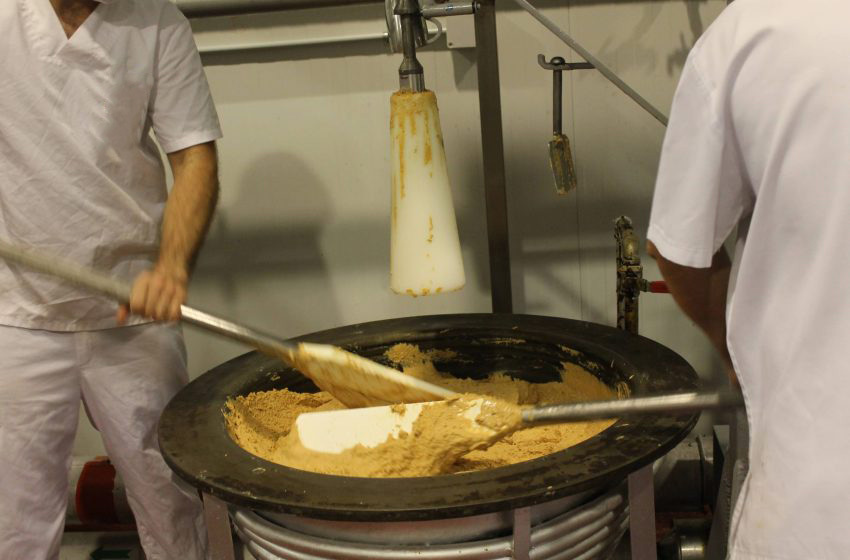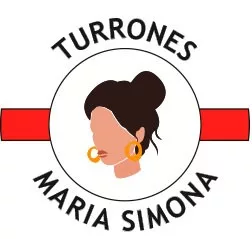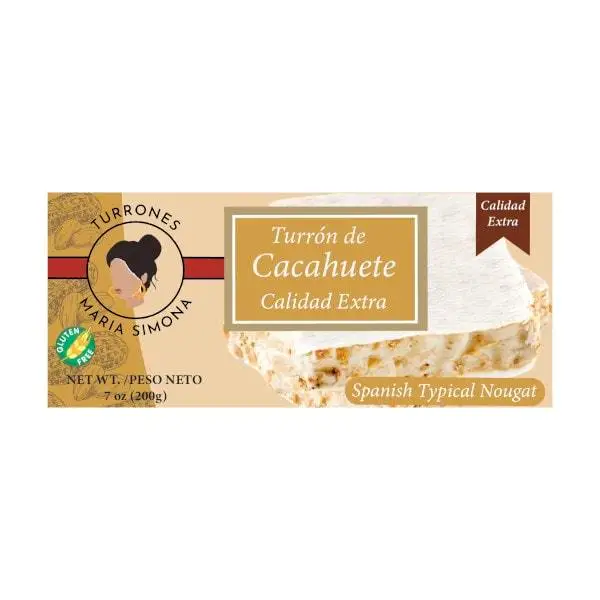Rendered at 14:12:23 08/02/25
17 recent views
Nougat Peanuts and Honey - original
$34.54 CAD
Ships from
France

Shipping options
See item description
Ships from
France

Return policy
Purchase protection
Catalog info
Payment options
PayPal accepted
PayPal Credit accepted
Venmo accepted
PayPal, MasterCard, Visa, Discover, and American Express accepted
Maestro accepted
Amazon Pay accepted
Nuvei accepted
Shipping options
See item description
Ships from
France

Return policy
Purchase protection
Catalog info
Payment options
PayPal accepted
PayPal Credit accepted
Venmo accepted
PayPal, MasterCard, Visa, Discover, and American Express accepted
Maestro accepted
Amazon Pay accepted
Nuvei accepted
Item traits
| Category: | |
|---|---|
| Quantity Available: |
430 in stock |
| Condition: |
New |
| Product: |
Cookie & Biscuit |
| Style: |
Spanish |
| Brand: |
Maria Simona |
Listing details
| Seller policies: | |
|---|---|
| Shipping discount: |
No combined shipping offered |
| Posted for sale: |
More than a week ago |
| Item number: |
1712774490 |
Item description
The Craftsmanship Behind Maria Simona’s Peanut Turrón
Net Weight: 200g - 7 oz
Shelf Life: Minimum 9 months. Once opened, store in a cool, dry, and dark place, away from light and humidity. It can be kept in its original packaging, wrapped in aluminum foil or plastic wrap, and stored in an airtight container. Avoid the common mistake of refrigerating nougat, as it alters its texture, aroma, and flavor.
Ingredients: 38% roasted peanuts, sugar, glucose syrup, honey, wafer coating (potato starch and sunflower oil), and egg white.
May contain traces of almonds, hazelnuts, and sesame.
This gluten-free product is suitable for celiacs.
The Story of the "Cacau" of Valencia
The peanut, originally from America, was introduced to Europe in Valencia. The “cacau,” as it is called in Valencia, arrived in the region through Don Francisco Fabián y Tuero, the Archbishop of the Diocese of Valencia. This occurred in the mid-18th century, but it wasn’t until the early 19th century that the peanut began to be used as an ingredient, beyond its individual consumption.
The hectares of land dedicated to peanut cultivation in the region significantly decreased during the 20th century, primarily due to a sharp increase in imported peanuts. Despite Spain now producing fewer than 200 tons of peanuts annually—far less than countries like China and India—the peanuts from Valencia are still considered to be of exceptional quality.
It’s no surprise that Valencia became a leading producer of peanut turrón, a true testament to its rich agricultural and culinary history.
Get an item reminder
We'll email you a link to your item now and follow up with a single reminder (if you'd like one). That's it! No spam, no hassle.
Already have an account?
Log in and add this item to your wish list.


